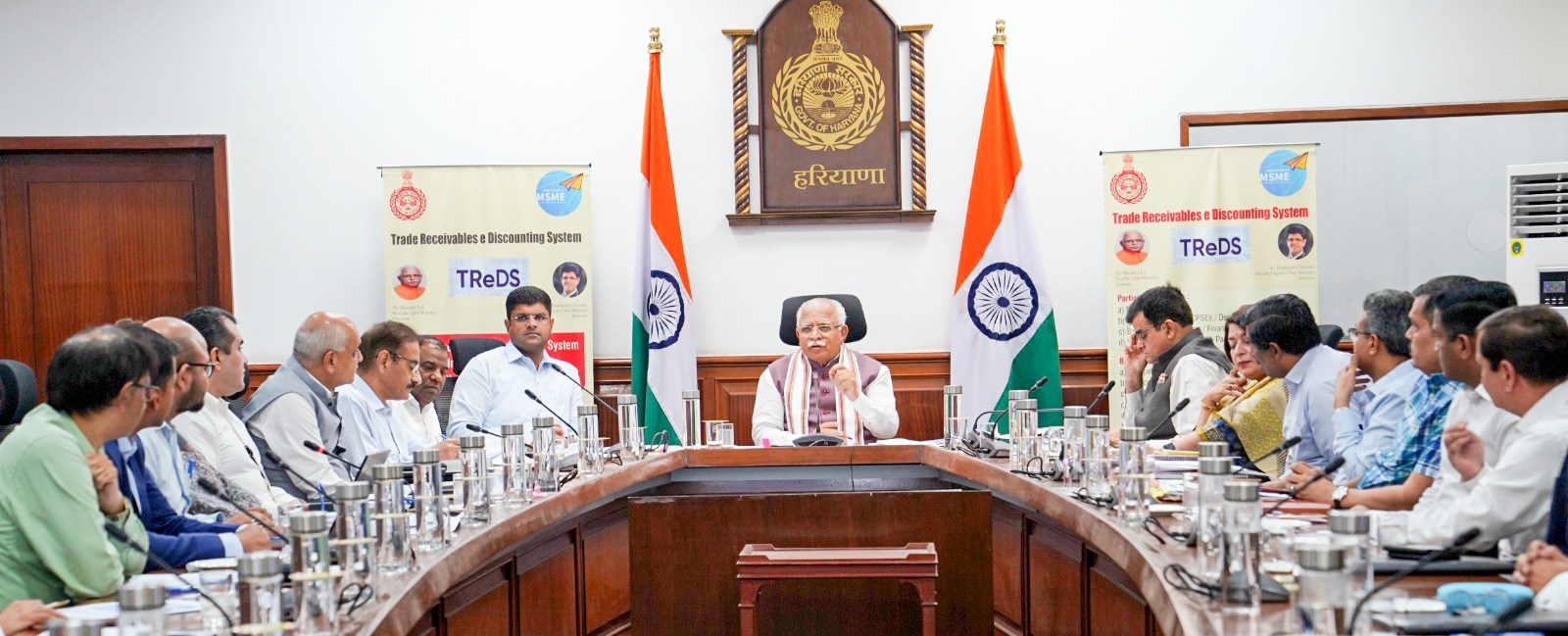
Chandigarh, October 11: Haryana Chief Minister, Mr. Manohar Lal today announced the "Haryana Municipal Urban Built-Plan Reform Policy, 2023" today. The policy aims to permit the conversion of residential plots into commercial use within planned schemes that have been in existence for at least 50 years. It addresses the evolving needs and demands within the urban development landscape.
After presiding over cabinet meeting here today, the Chief Minister said that over the years, various planned schemes, including Model Town Schemes, Rehabilitation Schemes, Town Planning Schemes, and Improvement Trust Schemes, have been implemented in municipal areas to facilitate systematic urban development. These schemes were subsequently handed over to the respective municipalities for management and maintenance. However, changing circumstances have prompted plot owners to convert residential plots for non-residential purposes, which were not originally permitted. In response, there arose a need to regulate such conversions by establishing norms and procedures.
The policy will apply to planned schemes within core areas of municipal limits, excluding areas/sectors developed by Haryana Shahri Vikas Pradhikaran (HSVP), Housing Board (Haryana), Haryana State Industrial Infrastructure Development Corporation, and areas governed by Town and Country Planning Department (Haryana). It will also apply to plots allowed to be sub-divided under other government policies/rules.
The parameters such as Floor Area Ratio (FAR), Ground Coverage, and plot height will remain consistent with the original residential scheme. The building line of the original scheme will also be maintained.
To apply for the conversion, the property owners need to pay a scrutiny fee of Rs. 10 per square meter, conversion charges as per the notification of the Town and Country Planning Department, and development charges of 5% of commercial collector rate per square meter. They also need to pay a composition fee of Rs. 160 per square meter on converted area.
Penal charges will be imposed on property owners conducting illegal activities, deemed as nuisance activities. No penal charges will be levied for the first six months from the policy's notification date. Subsequently, charges will apply depending on the circumstances.
The application process will be facilitated through an online portal developed by the Urban Local Bodies Department. It will involve scrutiny fees and document submission as outlined in the policy.
The policy is expected to benefit both property owners and the government. Property owners will be able to convert their residential plots to commercial use for increased economic opportunities, while the government will generate revenue from the conversion charges and development charges. The policy will also help to regulate commercial activities in planned areas, leading to better urban planning and development.
Enforcement:
Municipalities will survey to identify illegal commercial conversions and map road rights-of-way and affected plots. They will issue notices to property owners of illegal conversions, giving them 30 days to restore the property or apply for regularization. Non-compliance may lead to legal actions, including sealing or demolition. If a property is rejected or not applied for regularization, municipalities may restore the building to its original status, enforce compliance with building parameters, or cancel licenses/permissions.



